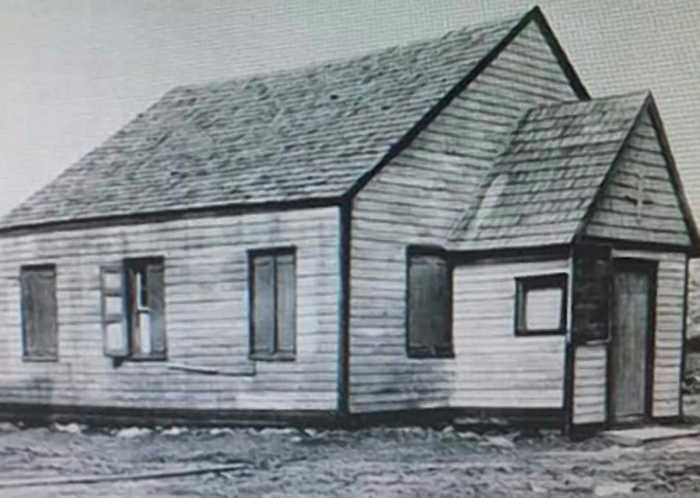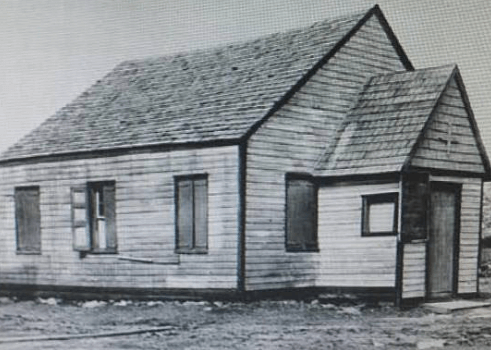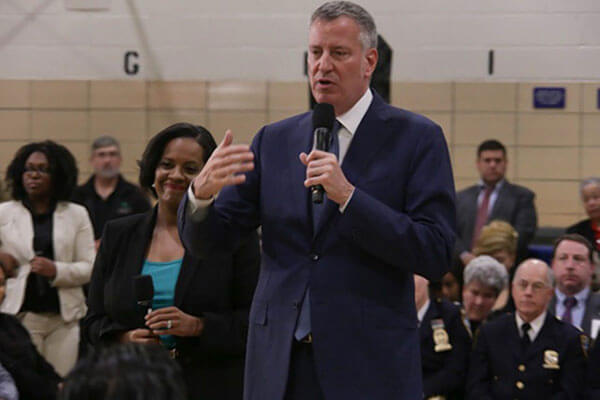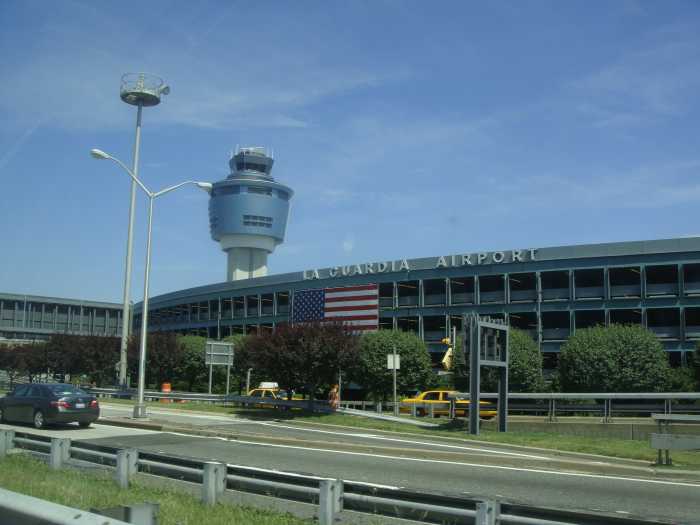In partnership with the First Baptist Church in East Elmhurst, a new Queens site of Hunger Free NYC — located at 100-10 Astoria Blvd. — opened Tuesday, April 19, to assist people with enrolling in federally funded food assistance programs.
Assemblywoman Jessica González-Rojas attended the opening, along with New York City Department of Social Services Commissioner Gary P. Jenkins.
“I’m honored to be a part of this event today for the grand opening of a Hunger Free NYC office here in Queens,” González-Rojas said. “During the last two years, we have become increasingly aware of the epidemic of hunger that existed before COVID-19 but that has been exacerbated because of it. Our state leaders must address multiple epidemics at once if we’re going to truly help our communities recover.”
Hunger Free NYC is an affiliate of Hunger Free America (HFA), a nonprofit group working to end domestic hunger and ensure all Americans have sufficient access to food. The East Elmhurst location is the first Hunger Free NYC site in Queens.
The organization will be available to assist clients in East Elmhurst through every step of the application and re-certification process when applying to programs like the Supplemental Nutrition Assistance Program (SNAP), formerly known as the Food Stamp Program, and the Special Supplemental Nutrition Program for Women, Infants and Children (WIC).
Hunger Free NYC picked East Elmhurst for the new location, recognizing the great need for food access in the community after the area was hit extremely hard by the COVID-19 pandemic.
“At the Department of Social Services (DSS), we encounter countless New Yorkers who are struggling and depend on city services to assist them and their families,” Jenkins said. “It is now more important than ever that our neighbors can easily access benefits like SNAP and WIC. This new office will help people in Queens connect to the support they need.”
According to Brian Romero, chief of staff to the assemblywoman, assisting people with applications is extremely helpful in communities like East Elmhurst that have a large immigrant population.
“There are many barriers that come up when applying for SNAP, including language access, lack of information [and] immigration concerns,” Romero said.
Hunger Free NYC’s benefits access team will offer free SNAP application support to households in English, Spanish, Mandarin, Cantonese and Russian. The WIC team offers support in English and Spanish. Hunger Free NYC’s vaccine outreach team will also assist Queens residents to secure appointments for vaccines and booster shots.
Hunger Free NYC secured over $19 million in total annual SNAP benefits for its clients in 2021 alone. They also enrolled more than 1,200 women, infants and children in WIC.
Hunger Free America CEO Joel Berg said that their goal is to make sure every household eligible for these programs gets assistance.
“These programs have been historically underutilized, but with so many families experiencing economic hardship and hunger, it’s essential for us to increase our outreach and help as many New Yorkers as possible, especially vulnerable immigrant populations,” Berg said.
In this year’s budget, González-Rojas secured an additional $1 million in funding for the Nutrition, Outreach, and Education Program (NOEP), which will increase the number of New Yorkers who are enrolled in SNAP through the work of outreach groups like Hunger Free NYC. NOEP is essential in ensuring all those who need SNAP benefits are receiving them.
According to the Urban Institute, 8.4 million Americans were lifted from poverty as a result of SNAP, with more than 3.8 million being children. While SNAP is incredibly successful in alleviating poverty, it also activates the state’s economy.
SNAP assistance makes room for spending locally, benefitting over 18,000 authorized NYS retailers such as supermarkets, bodegas, convenience stores, farmers markets and farmers. Urban Institute reports this is a 27-fold return on investment (ROI) to New York state.



































